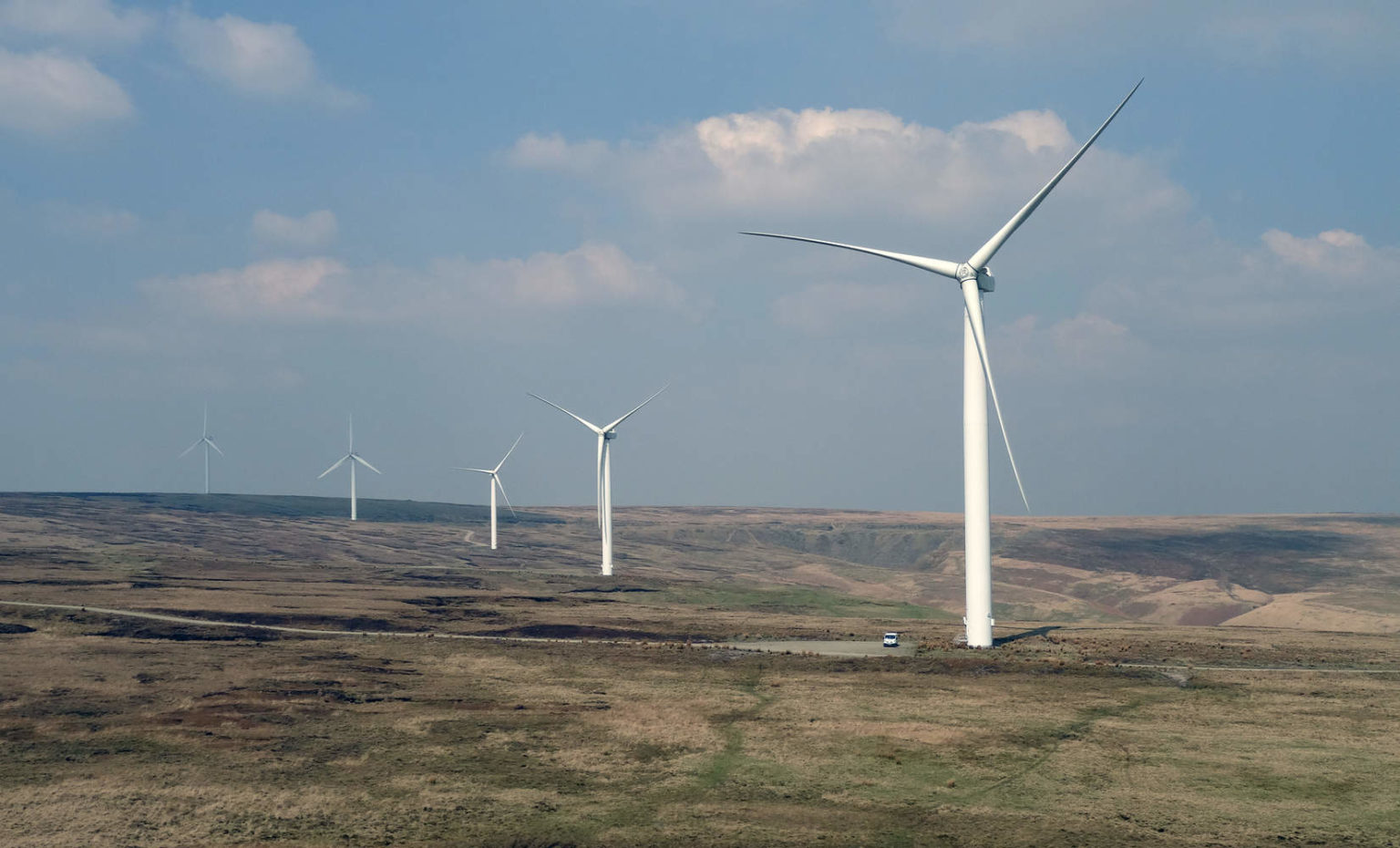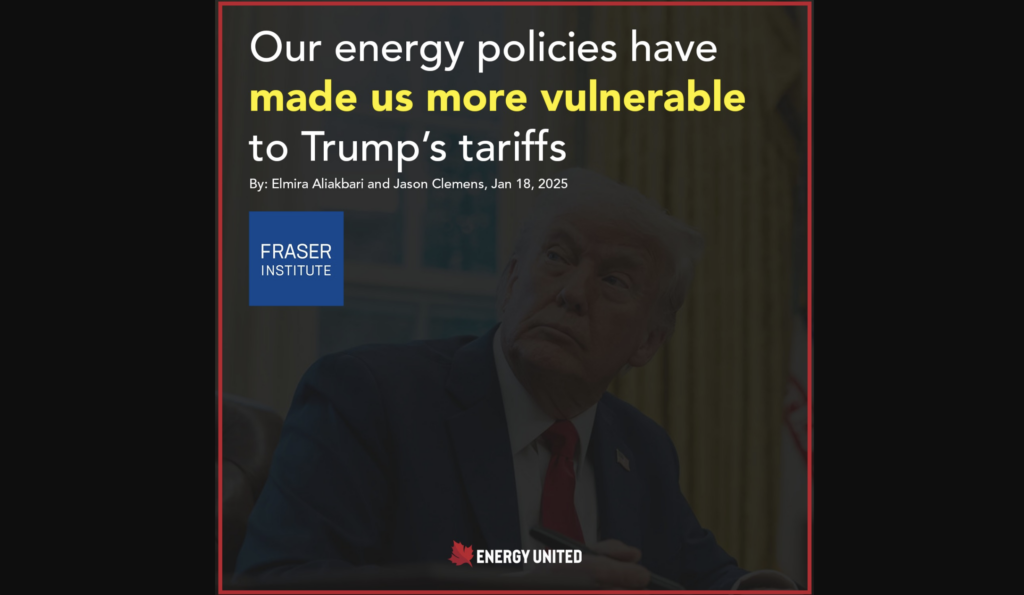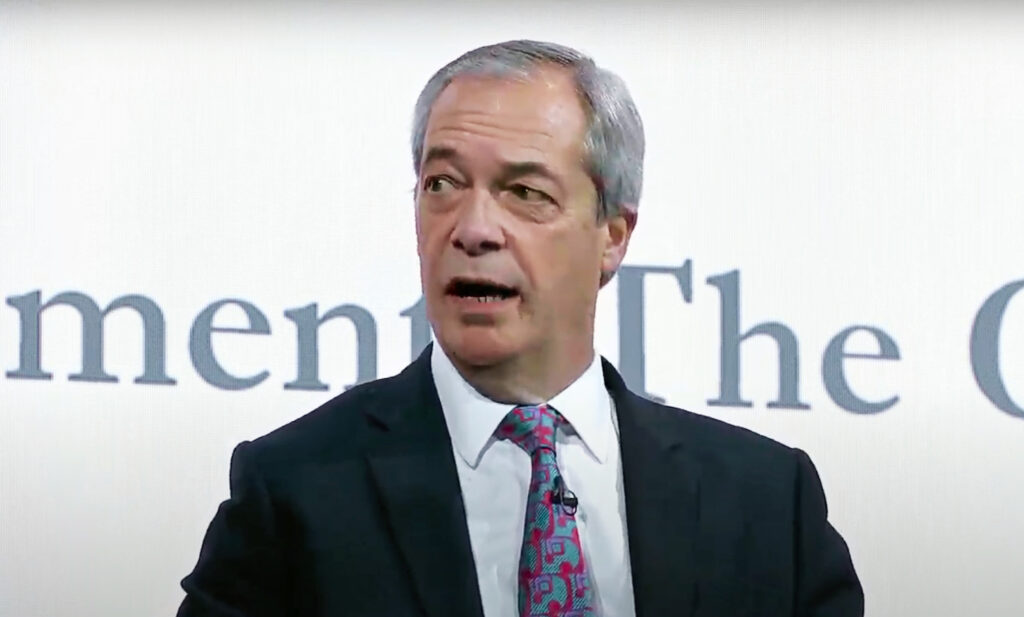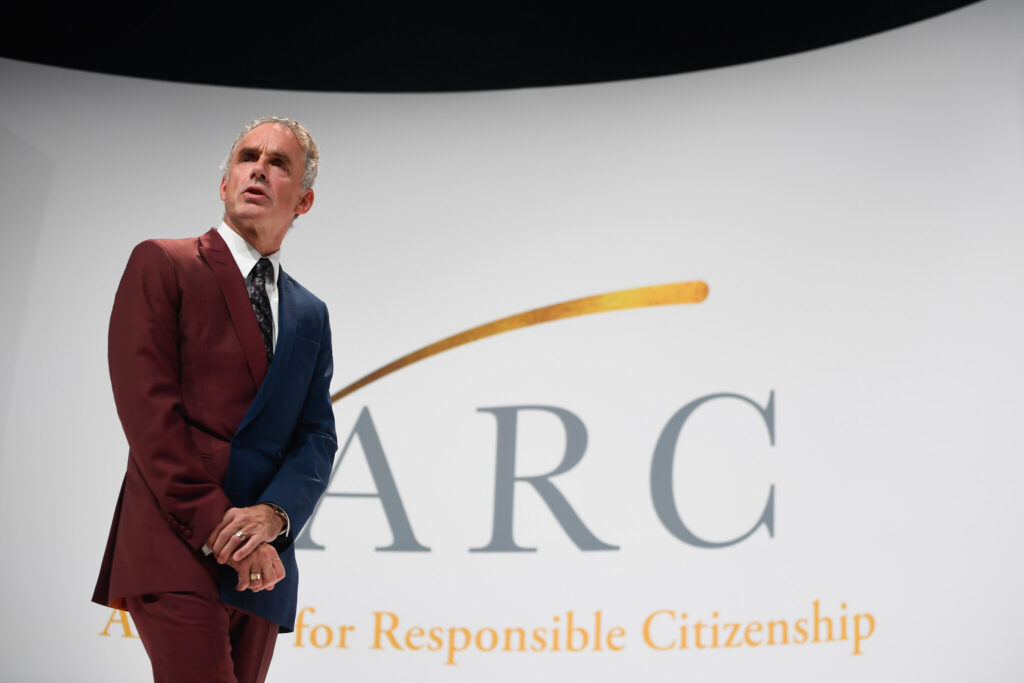The UK government did not assess the economic or environmental impacts of a policy change that led to a huge decline in onshore wind developments, DeSmog UK can reveal. The inevitable collapse in onshore wind energy production had a huge impact on jobs in the renewable energy sector and is regarded as a missed opportunity to reduce energy sector emissions.
The policy effectively halted the progress of an industry supported by over 75 percent of the British public.
In mid 2015, Communities Secretary Greg Clark declared that onshore wind developments would only take place in areas designated by local authorities as suitable in ‘Local or Neighbourhood Plans’, and have the backing of the local community.
The government was also preparing to hand across the power of consenting onshore wind projects of over 50 megawatts from the Department of Energy and Climate Change (DECC) (now the Department for Business, Energy and Industrial Strategy (BEIS)) to the Department for Communities and Local Government (DCLG) (now the Ministry of Housing, Communities and Local Government (MHCLG)).
This was all part of a strategy to give more say to local communities over where wind turbines should be built.
Combined with the withdrawal of subsidies, the policies led to a 94 percent decline in onshore wind planning applications since their introduction in 2015.
Government data shows that only two new projects have received planning permission since the changes came into place.
FOI responses and research by 10:10 Climate Action and DeSmog UK show that the only assessments undertaken related to policy changes looked at how families, equality and local democracy would be affected. The FOIs reveal:
- There was no detailed assessment of how these planning policy changes would affect the onshore wind industry’s growth or decline – such as businesses at risk or job losses, or lost economic contribution;
- There was no assessment of how the policies would affect the UK’s carbon emissions compared to baseline trajectories;
- And there was no assessment of how the policies might affect consumers’ fuel bills.
‘Shocking Revelation’
Politicians and analysts decried the government’s lack of research before implementing policies that significantly stymied the low-cost, low-carbon and popular power source.
Caroline Lucas, MP and co-leader of the Green Party, told DeSmog UK:
“This is a shocking revelation. For no assessment to be made in relation to the impact on the industry really does expose the Government’s contempt for onshore wind, and their utter unwillingness to see reason.
“We know that ministers are more motivated by a small cabal of their own backbenchers than the evidence on this issue – and their failure here underlines this.”
Alan Whitehead, Labour’s shadow minister for energy and climate change, said the lack of impact assessments showed “a shocking display of poor governance”.
“This ill-considered action has thrown away a strong British industry of the future, potentially increased energy prices by effectively outlawing the cheapest form of clean energy in the country today”, he told DeSmog UK.
In 2012 over 100 MPs – almost all of whom were Conservative – wrote an open letter to David Cameron urging him to halt onshore wind in the UK. The signatories included notable climate science deniers Jacob Rees-Mogg, Sammy Wilson, as well as two of only five MPs that voted against the Climate Change Act in 2008, Phillip Davies and Christopher Chope.
More recently, backbench opponents warned the government not to drop its manifesto pledge to block onshore wind, after energy minister Claire Perry said she is looking at ways “to see how we might bring forward onshore wind, particularly for areas of the UK that want to deploy it”.
Dr Jonathan Marshall, head of analysis at the Energy & Climate Intelligence Unit told DeSmog UK:
“This looks like another snap policy decision made in the rush to nix onshore wind that wasn’t really fully considered. In rushing through as many roadblocks to onshore wind as possible, the government knackered the industry, as we have seen in the years since.
“It’s even more marked now as other European nations are seeing ever-lower prices for onshore wind auctions, which will only increase the cross-channel gap in energy costs.”
Lucas echoed this: “Onshore wind is a cheap, abundant form of energy that has been attacked by the Tories for no good reason. Ministers should think again about their decisions on this issue, and scrap the defacto ban.”
Ellie Roberts, a campaigner at 10:10 Climate Action said: “Families facing high energy bills are being let down by the government’s ongoing ban on the cheapest new energy source – onshore wind. So the fact that the government only performed a minimal, barely relevant assessment on wind planning barriers will come as a real slap in the face.”
Onshore wind is now the cheapest form of power generation – costing significantly less than new nuclear and biomass plants, which are government subsidised.
And new onshore wind power could provide power at almost half of the cost of electricity from the government-supported new nuclear plant Hinkley Point C, according to an analysis by ARUP last year.
“There is an increasing body of evidence to show that wind farms are actually quite popular, even with conservative members and voters,” Marshall added.
A 2016 ComRes survey found 73 per cent of the British public support onshore wind.
Assessing Impacts on Family and Equality
Government departments did undertake some impact assessments regarding the policy changes.
One was in relation to ‘the families test’ – which assesses a policy’s impact on the “strength of family relationships” – and another looked at the impacts on equality.
The document, obtained by FOI request by 10:10, shows that the government doesn’t expect any discernible impact on families or the formation of families.
It does say there is a risk of individuals with protected characteristics under the Equalities Act “having greater difficulty participating” with community decisions about onshore wind, but that local authorities have a duty to account for this.
The document also states that the policy would probably decrease “the rate and number of wind turbines approved (in areas where these do not have community backing), and that this may slow progress towards tackling climate change, the effects of which often impact disproportionately on individuals with protected characteristics”.
But it dismisses the link between the policy and the aggravated impacts of climate change as weak. “The risk of this indirect impact on protected characteristics is therefore small, distant and remote,” it concludes.
It also states that enough onshore wind had already been approved to meet the UK’s 30 per cent renewables energy by 2020 target.
An MHCLG spokesman told DeSmog UK: “We do not believe that more large-scale onshore wind power is right for England, but it can be developed where there is public support.
“People can have their say on wind power during our planning policy consultation which is open until May, and there was also the chance to offer views during the Housing White Paper consultation.”
In response to a FOI request, BEIS told DeSmog UK that they had no impact assessments relating to Clark’s policy statement – meaning there was no additional assessment made by DECC ahead of the policy change.
Industry insiders say the policy made a massive contribution to the stalling of onshore wind in the UK because not all local authorities identified sites where onshore wind developments could be situated.
MHCLG stated that all relevant government departments were consulted as part of generating this policy.
Few Predictions
Shortly after Clark’s statement, DECC did an impact assessment considering the costs and benefits of transferring the power of consent for onshore wind projects over 50 megawatts to the Communities Secretary in England.
It considered the impact of the changes on the cost and duration of onshore wind applications – and concluded firms “could potentially benefit from a shorter application process and lower internal costs of application”.
But the impact assessment did not consider the macro-economic implications.
The government’s assessment was circumspect about predicting the growth or decline of the onshore wind industry, stating that there were not enough past decisions to be able to extrapolate into the future.
A recent report from the Energy and Climate Intelligence Unit thinktank suggests that upgrading the UK’s existing onshore wind farms with the newest turbines could save consumers £77 million on their energy bills.
The closest the government’s assessment came to a prediction was a statement on the impact of the policy on carbon emissions: “As no change in the level of onshore wind generating capacity is projected as a result of this policy in isolation, there are no estimated impacts on CO2 emissions.”
Image: Gizy/Flickr CC BY 2.0
Subscribe to our newsletter
Stay up to date with DeSmog news and alerts







